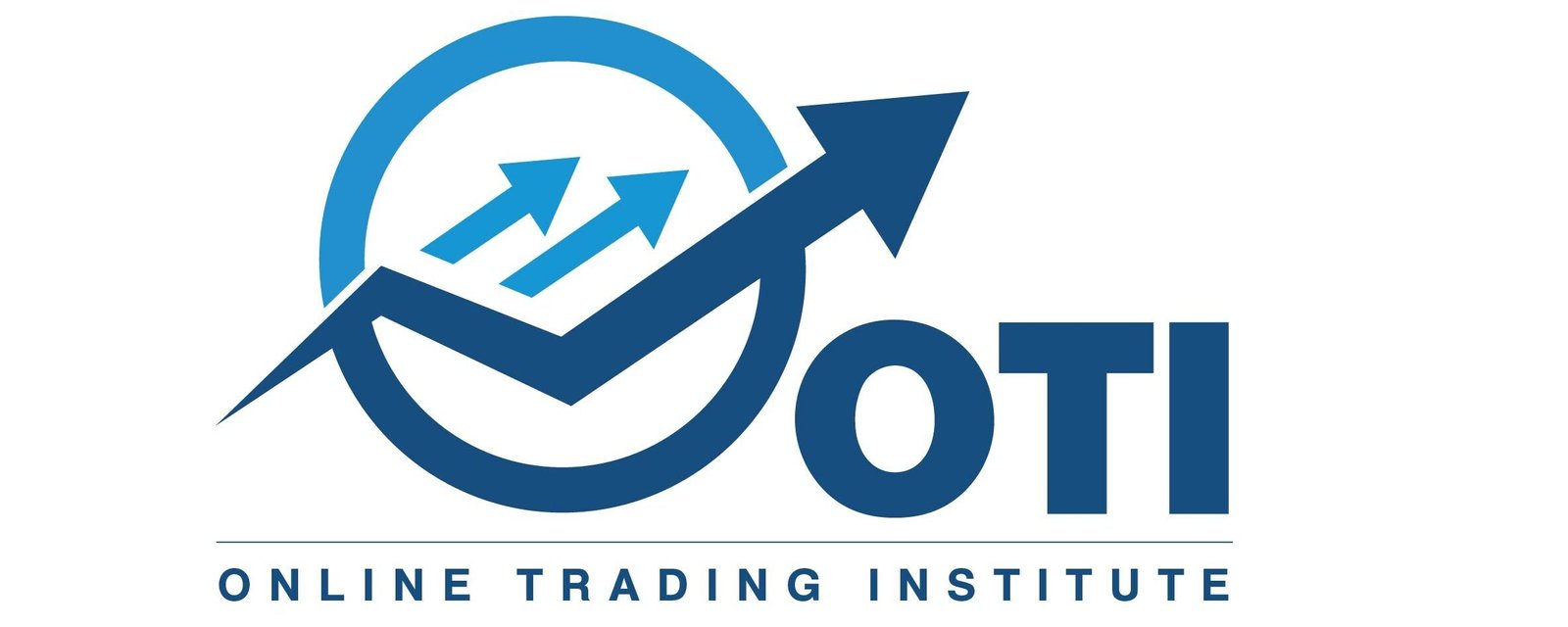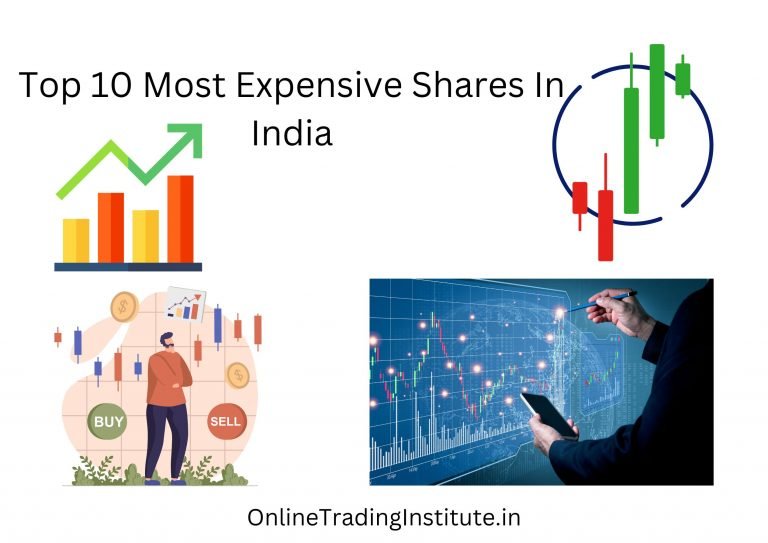What’s Behind the Tata Motors’ Price Crash?

Tata Motors Takes a Hit as Trump’s Auto Tariffs Rock the Indian Stock Market
The Indian automobile sector took a nosedive on Thursday after U.S. President Donald Trump announced a hefty 25% tariff on all imported cars, sending shockwaves through the global auto industry. With major players like Tata Motors and Sona bearing the brunt, the Indian stock market saw a sharp decline in automotive stocks. Among them, Tata Motors, which has significant exposure in the U.S. through its luxury vehicle brand Jaguar Land Rover (JLR), witnessed one of the steepest drops.
Tata Motors Feels the Heat
Tata Motors, the parent company of JLR, slid nearly 5% in late-morning trade, weighed down by Trump’s aggressive protectionist policies. The new tariffs, aimed at encouraging automakers to establish manufacturing plants in the U.S., have created uncertainty for companies heavily reliant on American consumers. With almost a quarter of JLR’s sales coming from the U.S. in the last fiscal year, this policy shift has investors worried about long-term profitability.
A Blow to Global Trade
The tariff war isn’t limited to automobiles. Trump has also hinted at imposing reciprocal tariffs on at least 15 countries, escalating fears of a broader trade conflict. Market sentiment soured as investors grappled with the implications of restricted global trade and potential price hikes for consumers. Although these tariffs had been anticipated, their confirmation has nonetheless triggered market volatility, with many fearing they could become a permanent fixture in U.S. trade policy.
JLR’s Dilemma: Absorb, Pass, or Cut?
Morgan Stanley has flagged serious concerns over the potential earnings impact on JLR. With the U.S. market accounting for nearly 30% of JLR’s Q3 FY25 sales, the automaker now faces tough decisions. Three potential courses of action lie ahead:
- Passing Costs to Consumers – JLR could increase vehicle prices to offset the tariffs. However, this risks dampening demand, particularly in a price-sensitive market.
- Cost-Cutting Measures – The company could streamline operations, potentially leading to job cuts and efficiency measures to counteract the tariff impact.
- Absorbing the Tariff Blow – If JLR decides to absorb the costs, it could see a significant dent in its profit margins. Analysts predict a 200-basis-point reduction in its operating margins, which would affect Tata Motors’ overall financial health.
Manufacturing in the U.S.: A Long-Term Strategy?
With increasing pressure to remain competitive, JLR might have to consider setting up a manufacturing facility in the U.S. This move would allow the automaker to circumvent import duties and strengthen its foothold in the American market. However, such a strategic shift requires substantial investment, and whether Tata Motors can justify the financial commitment in an already volatile market remains a pressing question.
Market Reaction: Stock Prices Take a Beating
Tata Motors’ stock has taken a significant hit, plunging nearly 10% since the start of the year. In Thursday’s session alone, shares fell by as much as 7% to INR 661, before stabilizing slightly at INR 673 by mid-morning. The market’s reaction underscores investor anxiety over JLR’s profitability and the broader implications of these tariffs on India’s auto industry.
The Road Ahead: Challenges and Opportunities
While the immediate outlook appears grim, the Indian automobile sector is no stranger to navigating global trade disruptions. If JLR successfully adapts its strategy—whether through cost optimization, localized manufacturing, or passing costs to consumers—it may still emerge resilient. For now, investors and industry watchers alike are closely monitoring developments, waiting to see how automakers recalibrate their game plans in response to this latest trade policy upheaval.
Final Thoughts
As the global auto industry braces for impact, Indian players like Tata Motors must find innovative ways to navigate these turbulent waters. Whether through strategic partnerships, production shifts, or new market explorations, resilience will be key. Trump’s tariffs have undeniably thrown a spanner in the works, but adaptability and strategic foresight may yet steer the industry toward smoother roads ahead.
Disclaimer: The views and investment insights provided here are based on publicly available information and do not constitute financial advice. Readers are advised to conduct their own research or consult certified financial experts before making investment decisions.



